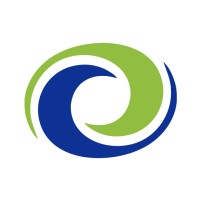
Japan Science and Technology Agency
The Japan Information Center of Science and Technology (JICST) was founded in 1957. The Research Development Corporation of Japan (JRDC) was founded in 1961. JICST disseminated science and technology information and JRDC promoted basic research, new technology development and research exchange. JICST and JRDC were merged into the Japan Science and Technology Corporation (JST) in 1996. On October 1, 2003, it was reorganized into the Japan Science and Technology Agency (JST) by the transformation into independent administrative institutions.






